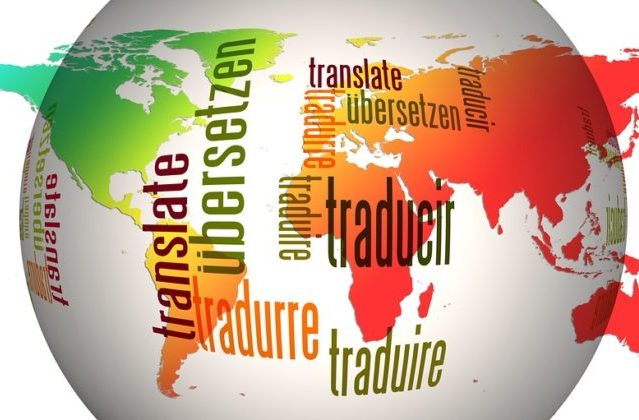Are you surprised by your Myers-Briggs result? Does the description mirror the way you are inside? Now let’s look at the various types and their approach to language learning.
The Analysts (INTP, INTJ, ENTP, ENTJ)
These are the people who have as their primary and secondary function thinking (T) and intuition (N). The Analysts are your scientists, inventors, mathematicians – for example, Albert Einstein was allegedly an INTP, while Nikola Tesla was an INTJ. No other personality group is more gifted in dealing with logic and facts: they can be rational and consistent and, at the same time, imaginative. Their soft spot is the world of human emotions: the Analysts sometimes struggle with empathy and communication. Learning a language, these people are likely to comprehend grammar rules easily, though maybe with some boredom involved. However, in learning a language a lot of practice is necessary, since you need not only to learn the rules, but to apply them in a spontaneous conversation. This is where the analysts may struggle, as they can see practice as unnecessary and may be reluctant to make mistakes in front of others. But patience, our friends the Analysts! Practice is necessary and in a good language school you will be with people with the same level of competence as yours.
The Diplomats (INFP, INFJ, ENFP, ENFJ)
The diplomats are probably the most gifted group in language learning. If you find yourself in this role group, you have no excuses: your preference for feeling (F) makes you more oriented towards people, while your intuition (N) helps your awareness of a language as a formal system. You tend to be an expressive communicator in yours and other languages. It’s not a coincidence that many writers and actors are Diplomats – William Shakespeare, for example! This doesn’t mean it is going to be easy for you to achieve a high level: but you are ready to start!
The Sentinels (ESFJ, ISFJ, ESTJ, ISTJ)
Thank goodness we have the sentinels! Organized, practical, cooperative: what would the other types do without them? Their preference for sensing (S) allows them to notice details and facts about reality, whilst their Judging trait (J) adds up to their common sense with good organizational skills. Sentinels are often tenacious and hard-working: two qualities which are fundamental in language learning. Maybe a sentinel has an oustanding talent for this skill, maybe he/she doesn’t: it doesn’t really matter. The important is to overcome the initial fear, and their Sentinel-like tenacity and sense of order will do the rest.
The Explorers (ESTP, ISTP, ESFP, ISFP)
The Explorers, like the Sentinels, prefer the five senses (S) to intuition, but, differently from them, are perceivers (P). This makes them active and dynamic, always seeking adventure and pushing their own limit. A grammar book is probably not their idea of fun. Explorers learn best when they learn things in context: listening to an authentic speech or practicing conversation. Even when studying Explorers can take advantage of their active nature: associating physical movements with chunks of words can help them remember them.
In conclusion, everyone can achieve a good level of proficiency in another language: the trick is in making the best of one’s own abilities.

ih Victoria
International House
Ancona|Jesi
Tel/Fax: (+39) 071 2867491
Tel/Fax: (+39) 0731 648 328
e-mail: info@ihtvc.it





